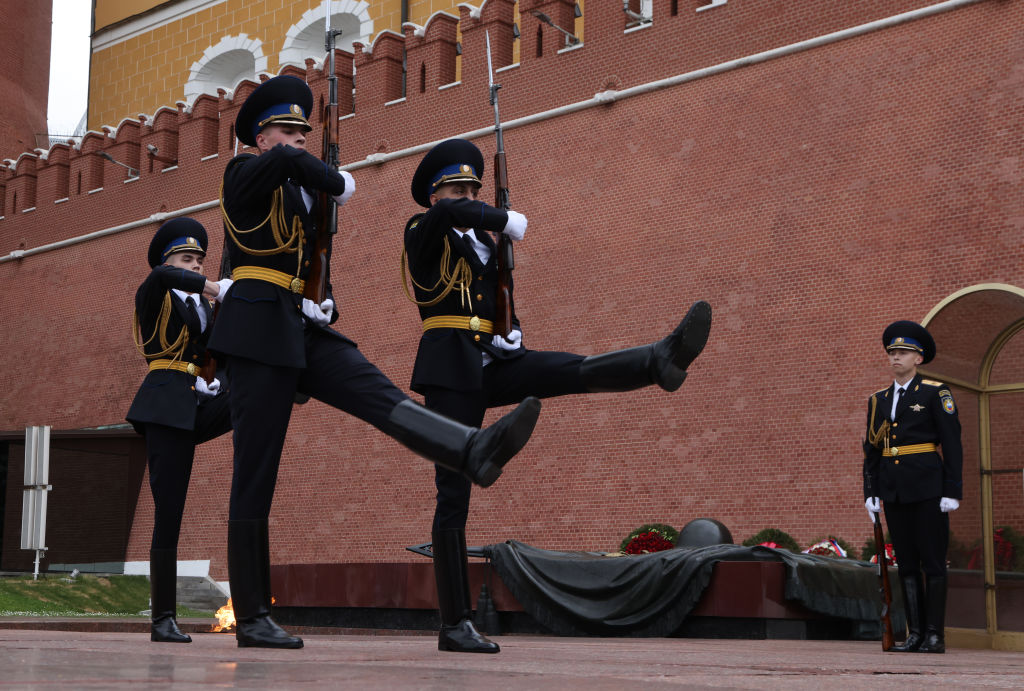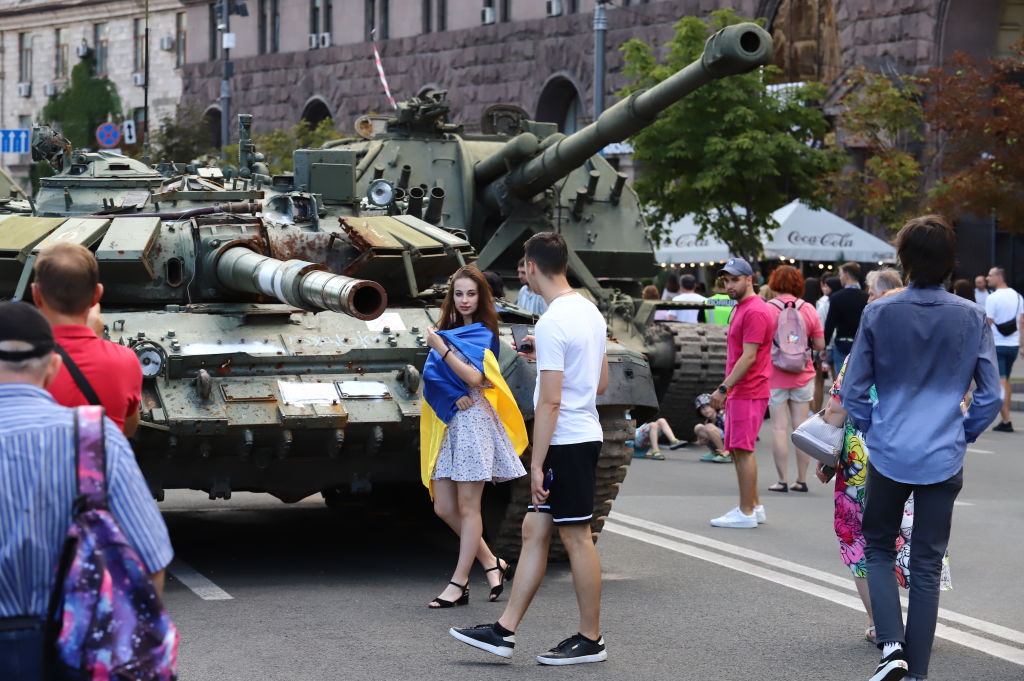The European Parliament has approved a new macro-finance loan for Ukraine to deal with the effects of the Russian invasion.
In the ballot on October 22, 518 votes were in favour, with 56 against and 61 abstentions,
The move was supported by the majority of parliamentary groups, including the European People’s Party (EPP), Patriots for Europe and the Socialists group.
The loan will make up part of a broader G7 agreement reached in June, which sought to mobilise approximately €45 billion in assistance for Kiev. The amount to be provided by the European Union could be reduced, depending on the size of loans from other G7 partners.
“Russia will pay for the damages of the war in Ukraine. We have two main objectives: to fight against impunity and ensuring that Russia pays for the damage caused by its aggression,” said Didier Reynders, the European Commissioner for Justice, in a debate in Strasbourg with MEPs.
With this vote, the newly established Ukraine Loan Co-operation Mechanism will make available to Ukraine the proceeds generated by the frozen assets of the Central Bank of Russia in the EU.
These funds will be used to help Ukraine repay loans from the EU and other G7 partners. The disbursement of the new macro-financial assistance will run until the end of 2025, conditional on Ukraine maintaining democratic mechanisms and respecting human rights, as stipulated in a memorandum.

Since the beginning of the Russian invasion in February 2022, the EU has deployed a battery of sanctions aimed at weakening Russia’s economy and military capabilities. One of the first key measures was the disconnection of several Russian banks from the SWIFT system, making international financial transactions more difficult.
In addition, the Russian Central Bank’s assets in the EU were frozen, accumulating more than €210 billion, which will now generate profits to support both Ukraine’s military efforts and its reconstruction.
Other significant sanctions include bans in the energy sector. In April 2022, the EU barred imports of Russian coal and in December of the same year imposed restrictions on crude oil and its by-products.
These measures were aimed at directly attacking one of the Kremlin’s main sources of income. In addition, together with the G7, a Russian oil price cap was imposed, further limiting Moscow’s energy revenues.
The technology sector has also been a crucial target of sanctions. The EU restricted the export of advanced technologies such as semiconductors, software and telecommunications equipment, undermining the modernisation of key sectors such as the military.
In addition, the export to Russia of dual-use goods, which can have both civilian and military applications, was banned, impacting Moscow’s ability to resupply the arms industry.
Not only has Russia’s economy been hit but also its elite personnel. Thousands of officials, military officers and businessmen close to Putin have been subjected to sanctions, with travel bans and asset freezes in Europe and other allied countries.
In the transport sphere, the EU closed its airspace to Russian aircraft, severely affecting Russian airlines and complicating international travel logistics. Russian ships have also been banned from docking in European ports, which has hampered its maritime trade.
These sanctions, now accompanied by the use of profits from frozen Russian assets to fund aid to Ukraine, have reinforced the EU and its allies’ focus on isolating Russia economically and providing Kiev with the resources it needs to resist and rebuild after the war.
Beyond the EU and NATO’s war efforts, according to Gabriel Elefteriu’s last analysis in Brussels Signal, Russia is winning the war because it has increased its military output, secured critical alliances with countries such as Iran and North Korea, and taken advantage of the West’s slow and insufficient support for Ukraine.
Moreover, Russia has regained the strategic initiative, while the West continues to rely on outdated diplomatic strategies and ‘peace offers’ that do not match Russia’s growing military strength and ambitions in the region. This change in dynamics has allowed Russia to gain the upper hand in the conflict.
A survey by the German Ifo institute has shown that the longer the war in Ukraine lasts, the fewer Ukrainian refugees plan to return to their homeland. https://t.co/RFMkLRe2zT
— Brussels Signal (@brusselssignal) October 21, 2024





